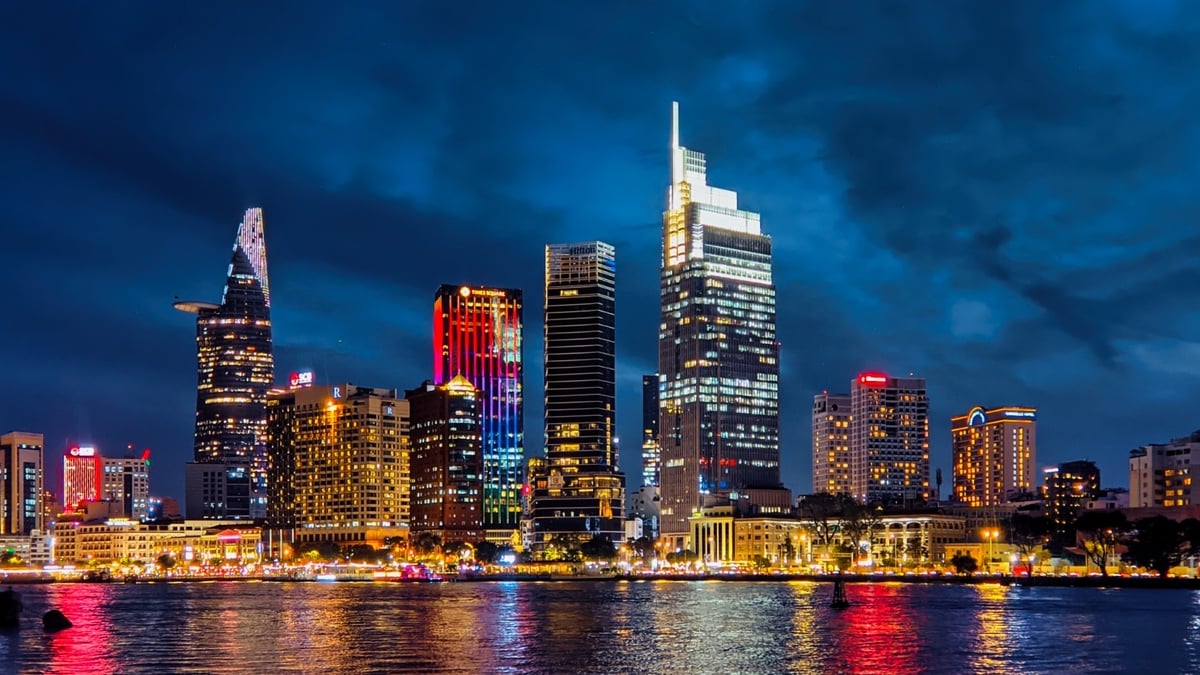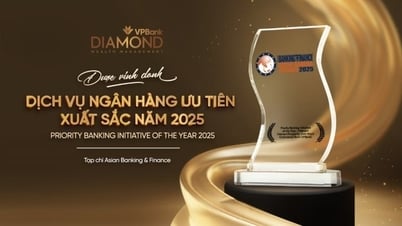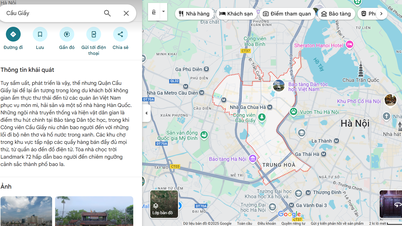According to experts from the Institute for Operations Research and Management Sciences in Baltimore (USA), there is a strong link between physical attractiveness and career success.

Research shows that appearance has a clear connection to helping individuals advance their careers - Photo: FREEPIK
Professor Nikhil Malik, who led the study, stressed the long-term impact of appearance on career development, saying that "appearance not only influences the start but also shapes the career journey for decades".
Prof. PARAM VIR SINGH (co-author of the study)
"Beauty Reward"
Attractiveness is often considered subjective, but societies tend to adhere to general beauty standards. These standards change with culture, time, and personal preferences. However, some features that are generally considered attractive include a symmetrical face, smooth skin, and harmonious features.
The idea that appearance influences job success is not a new one. Numerous studies have shown that good-looking people are often perceived as more trusted, better leaders, and even more intelligent. These assumptions give people an advantage when it comes to hiring, promotions, and salary negotiations.
In this study, the researchers wanted to determine whether such perceptions influence long-term career outcomes. By analyzing data from more than 43,000 MBAs, the alumni team used artificial intelligence to assess each individual's attractiveness.
They tracked the salaries and job titles of alumni over 15 years to measure the impact of appearance on career success. The results show that attractive people earned an average of 2.4% more than their less attractive peers, which equates to an income increase of $2,508 per year.
The effect was even stronger for those in the top 10% of attractiveness, who earned 11% more (an increase of about $5,528 a year). The researchers call this the “beauty premium,” an advantage that good-looking people receive in the workplace.
Just be beautiful?
In addition to the pay gap, the study also found that attractive people are more likely to hold high-ranking positions in their industries. Fifteen years after graduating, attractive individuals were 52.4% more likely to hold prestigious jobs than their less attractive peers.
However, the study also found that this advantage varied by industry. Some fields placed more emphasis on social interaction, which increased the impact of the “beauty bonus.”
In management and consulting, where client relationships and communication skills are important, the link between appearance and career success is most evident. Attractive people in these fields are promoted faster and have a higher rate of taking on leadership positions.
In contrast, in fields requiring highly specialized skills such as information technology and engineering, the relationship between appearance and career success is weakest. In these fields, specialized knowledge and abilities are more important in determining career advancement.
Although not going into the specific reasons behind the "beauty bonus", Professor Astrid Hopfensitz - an expert in organizational behavior (EM Lyon Business School) - said that according to the majority's opinion, people with good looks are often more trusted, which helps them get promoted faster or reach more business deals.
While qualifications, experience and dedication should be the main deciding factors in promotion, not just appearance, it is recommended that organizations and employers be aware of these biases and work towards a fairer recruitment and promotion process.
 Your face has more leadership potential than you think.
Your face has more leadership potential than you think.Source: https://tuoitre.vn/ngoai-hinh-hap-dan-luong-cao-hon-thang-tien-nhanh-hon-20250205000904975.htm



































































































Comment (0)